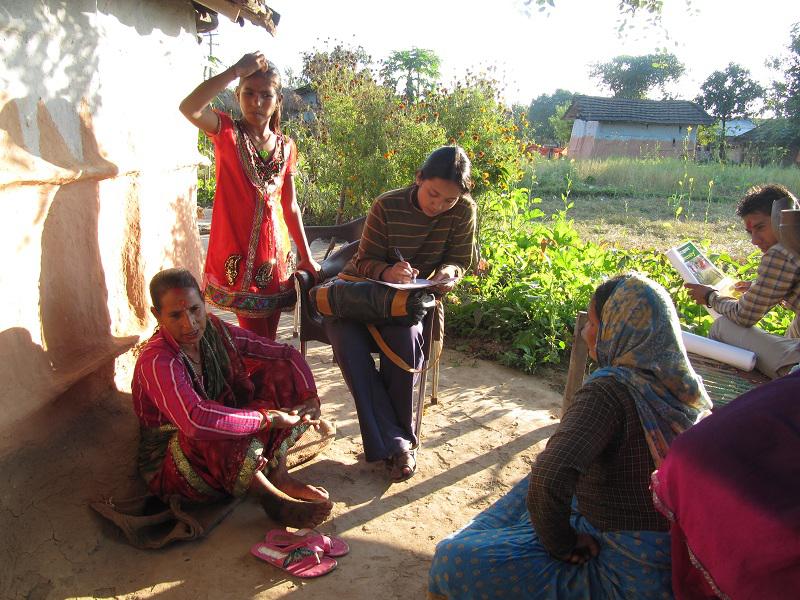Sunil Thapa
Other projects
5 May 2010
Effectiveness of Alternative Energy Use in Biodiversity Conservation: A Case Study from Shuklaphanta Wildlife Reserve and its Buffer Zone
Through installation of ICS and assessment of the environmental change the project aims to assess the effectiveness of improved cooking stoves on forest conservation and livelihood improvement of the buffer zone community.

Through installation of ICS and assessment of the environmental change the project aims to assess the effectiveness of improved cooking stoves on forest conservation and livelihood improvement of the buffer zone community.
Energy consumption patterns and the rise in demand, their sources, and ways in which they are harnessed and utilized have impacts on environment and natural resources. Alternative energy has positive environmental impacts at local, national and global levels and has helped reduce the pressure on forest. From a national perspective, alternative energy technologies have helped to reduce the pressure on forests. Several studies (Omer and Fadalla 2003, Pokharel 2997, Gautam et.al 2007, Yu et.al.2008) discuss potential benefits of alternative energy on health, education, employment generation, reduction in fuel consumption etc.
The first phase of work, with support from Rufford Grant Foundation had made attempts in assessing role of only biogas in biodiversity conservation. Apart from that, the work explicitly made locals of eight buffer zones aware about availability of other forms of alternative energy technologies, especially the Improved Cooking Stoves (ICS), which are affordable and suitable for households with low income. The second phase of work aims to evaluate the environmental and economic changes that ICS installation brings to the community in Piplari and Jhalari area of Buffer Zones of the Shuklaphanta Wildlife Reserve using different action research tools. Along with environmental change, the effects of ICS on other aspects like health, hygiene, education, employment generation and gender will also be assessed before and after the installation of ICS. As effective outreach and awareness are essential in order to promote conservation policy and to change people’s attitude; awareness activities will also be an integral part of the project.
The major outcomes the project is expected to bring are:
i. Increased understanding on the role of ICS on forest conservation and livelihood improvement.
ii. Reduced deforestation through the conservation and promotion of alternative energy
iii. Increased energy conservation and use of renewable energy technologies through the awareness among school children and communities.
iv. Increased level of peoples’ awareness on importance of conservation of floral and faunal habitat of the reserve.